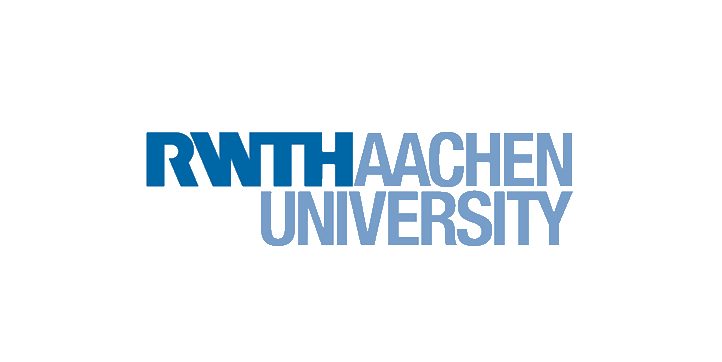RWTH Aachen University: Water security in climate change
RWTH Aachen and TU Dresden, together with the Indian Institute of Technology Madras IIT (Chennai, India) as strategic partners of RWTH, the Asian Institute of Technology (Bangkok, Thailand) and the Institute for Integrated Management of Material Fluxes and of Resources of the United Nations University (UNU-FLORES) in Dresden set up a “Global Water and Climate Adaptation Center” at the IIT Madras.
This is funded by the German Academic Exchange Service (DAAD) with funds from the Federal Foreign Office for the establishment of global centers for the interdisciplinary networking of science, politics, business and civil society.
The “Global Water and Climate Adaptation Center (ABCD)” will be financed with a total of 2.8 million euros until December 2025; an extension for a further five years until 2030 is possible. The scientists will work together in three thematic clusters on “Water security, water resource management, safe water supply and water treatment”, “Ecosystem resilience and nature-based adaptation measures” and “Traditional knowledge, local economies and social acceptance”.
The center will deal with the question of how society can adapt to the consequences of climate change in terms of its water resources. Prof. Holger Schüttrumpf, Director of the Institute for Hydraulic Engineering and Water Management at RWTH, and his colleague from Dresden, Prof. Jürgen Stamm, focus on the megacities in Asia. Together with the project partners, Chennai and Bangkok are understood as so-called living labs, i.e. large test laboratories in which questions about water safety and quality are researched in everyday life. A joint master’s degree on the subject of “Water Security and Global Change” and joint doctoral training are also planned within the framework of the center.
In its new program, the DAAD is funding eight interdisciplinary “Global Centers” to tackle global challenges. Four centers will research and teach on climate issues, another four on health issues and pandemics. The Federal Foreign Office is making around 22 million euros available for this until 2025.

